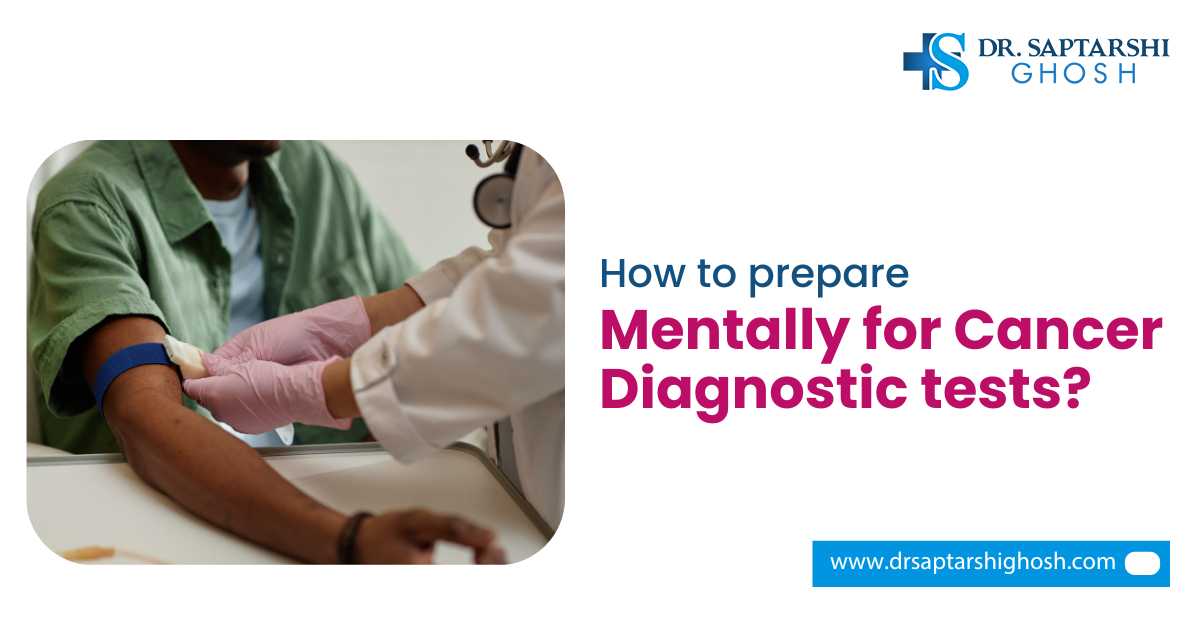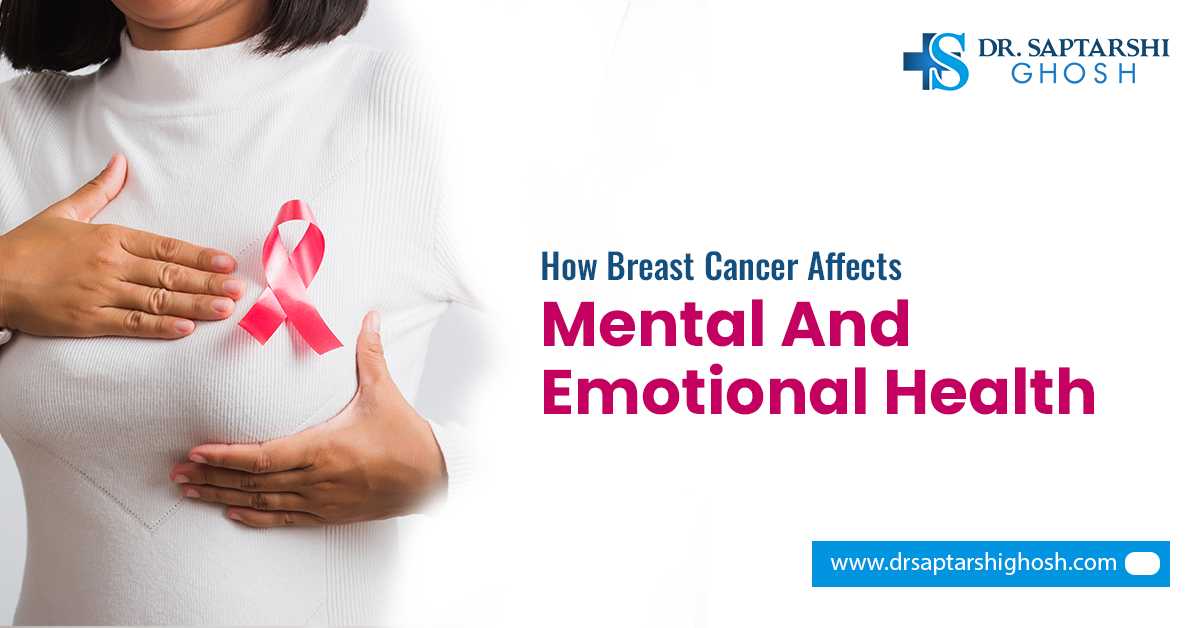Cancer is one of the leading health concerns in India which is affecting a large number of people today, with increasing numbers of diagnoses each year. The earlier detection of the cancer can be treated more effectively. This makes understanding the cancer risk factors an important aspect of preventing and diagnosing the disease at an early stage. Identifying the risk factors associated with the cancer can help in taking proactive steps towards reducing their chances of developing the disease.
Cancer Hospital in Siliguri is well known for providing the best services and treatment for any type of cancer you are dealing with, providing important support to individuals at high risk. Through proper screening, lifestyle changes, and education, the fight against cancer can become more manageable. Earlier the cancer is detected the more effective the healthcare professionals can provide you based on your specific needs.
What Are Cancer Risk Factors?
Cancer risk factors are conditions or behaviours that require immediate attention. To avoid the increasing chance of developing cancer. These factors are of two types
- Modifiable Risk factors:-These are risk factors that individuals can change or even control, such as their lifestyle, diet, and environmental exposures. By making healthy choices, such as eating a balanced meal or diet, avoiding heavy alcohol consumption or excessive smoking, and staying active individuals can reduce their cancer risk.
- Non-modifiable risk factors are risk factors for cancer beyond an individual’s control. Including their age and family history. While these cannot be altered, understanding them can help with early detection and more personalized prevention methods or Strategies.
- Identifying the risk factors associated with cancer is important for both preventing and diagnosing cancer at an early stage. The cancer hospital in Siliguri plays a significant role in screening individuals who may be at a higher risk of developing certain cancers, offering specialized care and treatment plans based on your specific needs.
Common Risk Factors across Cancer Types
Several risk factors for cancer are common across multiple types of cancer. By identifying certain factors individuals can plan for preventive measures for a range of cancers.
Lifestyle-Related Factors
- Smoking and tobacco use (lung, oral, throat cancer):-Smoking is one of the main reasons for the cause of lung cancer and it is also linked to cancers of the oral cavity, throat, and esophagus.Even a little exposure to tobacco, smoke can increase the risk of lung cancer.
- Alcohol consumption (liver, throat, and breast cancer):-Excessive alcohol use or consumption is associated with an increased risk of cancers such as liver, throat, and breast cancer.
- Poor diet and lack of physical activity (colon, breast, and pancreatic cancer).
A poor diet which is rich in fats and low in fibre and protein and a sedentary lifestyle are risk factors for cancer such as breast and pancreatic cancer. Therefore maintaining a healthy weight and regular exercise are needed to reduce these risks.
Environmental Factors
- Exposure to carcinogens (asbestos, radiation):- Exposure to carcinogens such as asbestos, radiation, and certain chemicals are chemical factors that can increase the risk of cancer in an individual, particularly in the lung.
- Air pollution and occupational hazards:-Exposure to air pollution and harmful substances at work such as asbestos can increase the risk of developing cancer, particularly in the lungs.
Biological Factors
- Infections (HPV, Hepatitis B, and C):-Some viral infections like HPV, Hepatitis B, or C are known for increasing the risk of cancer.
- Hormonal imbalances.-Hormonal Imbalances, particularly estrogen are associated with the risk of breast cancer.
Identifying Risk Factors for Specific Types of Cancer
Different types of cancer have unique sets of risk factors for cancer, by understanding them properly it can help in early detection and prevention. Here are some risk factors for different types of cancer.
Lung Cancer
- Smoking (active and passive exposure):-Smoking is the primary cause of lung cancer, contributing to both active and passive exposure risks. Even individuals who don’t smoke but are exposed to breathing in smoke are at a higher risk of getting affected.
- Air pollution and exposure to asbestos:-Exposure to air pollution and asbestos can increase the risk of lung cancer.
Breast Cancer
- Family history of breast or ovarian cancer:-In case someone in your family such as your mother or sister having breast or ovarian cancer can increase your chances of developing breast cancer.
- Hormonal therapy and late pregnancy: - Hormonal replacement therapy (HRT), especially when used over a long time or period can increase the risk of breast cancer in addition women who have children later in life or don’t breastfeed may have a higher chance of risk.
Skin Cancer
- Prolonged exposure to UV rays: - Prolonged exposure to UV rays produced from the sun or tanning beds is the primary cause of increasing the risk factors related to skin cancer.
- Fair skin and a history of sunburns:-Individuals with fair and glowing skin, especially those with a history of severe sunburns are at a higher risk of developing skin cancer.
Colon Cancer
- Low-fibre and high-fat diets which are low in fibre and high in fats are major factors that are involved in increasing the risk of colon cancer.
- Age and Family history: - Colon cancer risk can increase with growing age, particularly for individuals with a family history of the diseases.
Prostate Cancer
- Age and family history: - Prostate cancer risk can increase with growing age, particularly for individuals with a family history of prostate cancer can increase the risk.
- A diet high in red and processed meats diet that is high in red meat and processed foods is often linked to an increased risk of prostate cancer.
Cervical Cancer
- HPV infection:-The human papillomavirus (HPV) is a leading cause of cervical cancer, vaccination against HPV is essential for prevention and proper treatment.
- Early sexual activity and multiple pregnancies:-Early sexual activity and multiple pregnancies can increase the risk of cervical cancer due to their effect on the cervix.
Liver Cancer
- Chronic Hepatitis B or C infection: - Chronic Hepatitis B or C infection are the leading cause of liver cancer. Especially in case it is left unchecked or untreated.
- Heavy alcohol consumption: - Can lead to liver damage and increase the risk related to liver cancer.
How to Identify and Address Your Cancer Risk
Identifying and addressing your cancer risk involves understanding both your personal and family health history and taking proactive steps. Here are some important factors to reduce the risk of cancer:
- The importance of regular screenings and genetic tests: Early detection through regular screening can save many lives.
- Lifestyle changes to mitigate risks:
- Healthy diet and exercise to follow a healthy diet and go for exercise at least try to do it for 30 minutes.
- Avoiding smoking and excessive alcohol:-Stop smoking and heavy alcohol consumption to reduce the risk of several cancers.
- Stress management techniques:-practice stress management techniques like yoga, meditation, and deep breathing exercises.
- The cancer hospital in Siliguri offers the best treatment and personalized care for your overall well-being and good living.
The Role of Genetics in Cancer Risk
- Genetic mutations play a very important role in cancer risk. Some individuals inherit mutations that link them to certain cancers such as breast and ovarian cancers.
- Genetic testing can help in identifying whether someone carries these mutations allowing them to take preventive measures on time without any future complication
Early Detection and the Importance of Screening
Early detection through screenings can improve cancer outcomes. For many cancers like breast, colon, and cervical cancer, by using screening methods many diseases can be detected earlier.
The cancer hospital in Siliguri offers the best treatment and personalized care for your overall well-being and good living according to your specific needs and condition.
Conclusion
Understanding the risk factors associated with cancer can reduce the risk of developing cancer. In addition to that, regular screenings tailored or specific to individual risk factors can play a very important role in the early detection and prevention of risk factors associated with cancer at different stages.
The cancer hospital in Siliguri offers the best treatment and personalized care for your overall well-being and good living according to your specific needs and condition. Including personalized care, screenings, and advanced treatment methods to help individuals reduce the risk and improve the overall outcomes.
By understanding the risk factors one could plan their treatment according to their conditions and needs. So first keep your health besides other things because good health is very important for leading a good life without any future complications or problems.
Comments (0)






